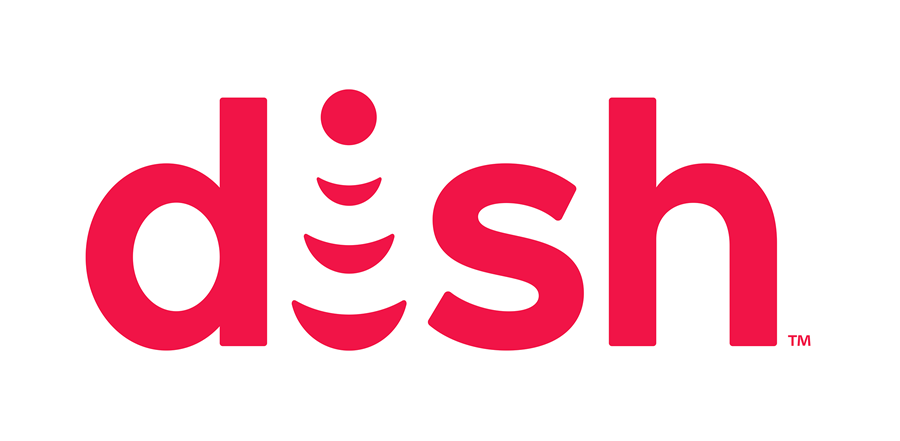Analyst: T-Mobile-Sprint Merger Could Create Problems for Dish
The smarter way to stay on top of the multichannel video marketplace. Sign up below.
You are now subscribed
Your newsletter sign-up was successful
With the $26 billion T-Mobile-Sprint merger on a path toward an April close, Dish Network is on the cusp of becoming the country’s fourth largest wireless carrier, a result of merger conditions agreed to last year that at least one analyst argues could pose problems for the satellite carrier.

Last year, as part of the conditions of federal approval of its merger with T-Mobile, Sprint agreed to sell its U.S. prepaid wireless businesses (Boost Mobile and Virgin Mobile) to Dish for $1.4 billion. In addition, Dish agreed to purchase 800 Megahertz spectrum from T-Mobile-Sprint for $3.6 billion over three years.
Dish has said it believes it could build a 5G network for about $10 billion, a figure some analysts have scoffed at as too low.
Related: T-Mobile-Sprint Merger Gains Approval
On the surface, that deal seemed to solve most of Dish’s wireless problems -- which were mainly having to meet a March 2023 buildout deadline for its own wireless spectrum mandated by the federal government. In addition, Boost Mobile and Virgin Mobile give Dish access to 9.3 million customers in 50 states and Puerto Rico. It also gets an extension on its wireless buildout requirements and has committed to using those licenses to deploy a 5G network covering at least 70% of the country by June 14, 2025. If it fails to meet the deadline, Dish said it will make voluntary contributions to the U.S. Treasury of up to $2.2 billion.
In a blog post, MoffettNathanson principal and senior analyst Craig Moffett wrote that while the T-Mobile-Sprint merger gives Dish a much-needed buildout reprieve, it may be coming at too high a price.
According to Moffett, getting the extension means that Dish has lost the ability to sell its spectrum or the company itself, at least to AT&T or Verizon, because of that spectrum sale prohibition.
The smarter way to stay on top of the multichannel video marketplace. Sign up below.
“There is simply no wiggle room left for Dish to be viewed as a spectrum seller,” Moffett wrote.
But judging by the market reaction, investors appear relieved that the deal is finally on a path toward completion.
Sprint stock was up by more than 70% in early trading Feb. 11 to $8.35 per share. T-Mobile shares rose 11% and Dish was up by about 10% early in the day.
Moffett concedes that the deal benefits Sprint the most, adding that without a merger, “they were officially ****’ed.”
Barclays media analyst Kannan Venkateshwar wrote that the T-Mobile-Spring union will be a massive positive for Dish, giving it access to a ready-made wireless customer base, the ability to buy spectrum and getting a lengthy extension on its buildout.
“Overall, we believe Dish got almost everything it could have dreamed of as a best case scenario,” Venkateshwar wrote. However, he did have one caveat: “..[E]xecution risk is non-trivial as is evident from multiple such new entrant buildouts in other parts of the world.”
There’s the rub. Dish may have some more time to build out its network, but it still has to build it. While Dish has said in the past that it would hope to find a partner to do that, it isn’t so clear anymore as to whether the company wants a partner or can get one. And even after 2025, when it has presumably built out to 70% of the country, they may not be finished yet.
Moffett wrote that Dish will have an MVNO to lease wireless service from the New T-Mobile, but that deal expires in seven years. There is no guarantee that it will be able to renew.
“On the day the deal expires, then, they obviously can’t just cover 75% of the country, regardless of what their buildout requirements demand,” Moffett wrote. “They will need to have fully competitive national coverage. Dish will, however, have the flexibility to cover the remaining 25% predominantly with low-band spectrum.”
Moffett was also cautious of the 9.3 million prepaid wireless customers Dish will inherit, adding that that segment churns at a rate of about 5% per month.
“So Dish will have to aggressively refill the funnel with new subscribers by significantly accelerating subscriber intake,” Moffett wrote. “And to do so they will have to leverage a retail distribution network that is already too small and too ineffective to keep Sprint’s prepaid business from shrinking.”
That is going to require a lot of capital, which Moffett said a partner -- some have speculated Google or Amazon would be interested -- could help finance. But the analyst wondered why Google, Amazon or any other deep-pocketed partner would place that heavy a bet on a new wireless network that has yet to be built, and place it at terms that would be attractive to Dish.
"Whether all that is good news or bad news for Dish is in the eye of the beholder," Moffett wrote. "There are clearly those who believe Dish will be able to build a virtualized 5G network for their $10 billion, as they have estimated. We are not among them."
